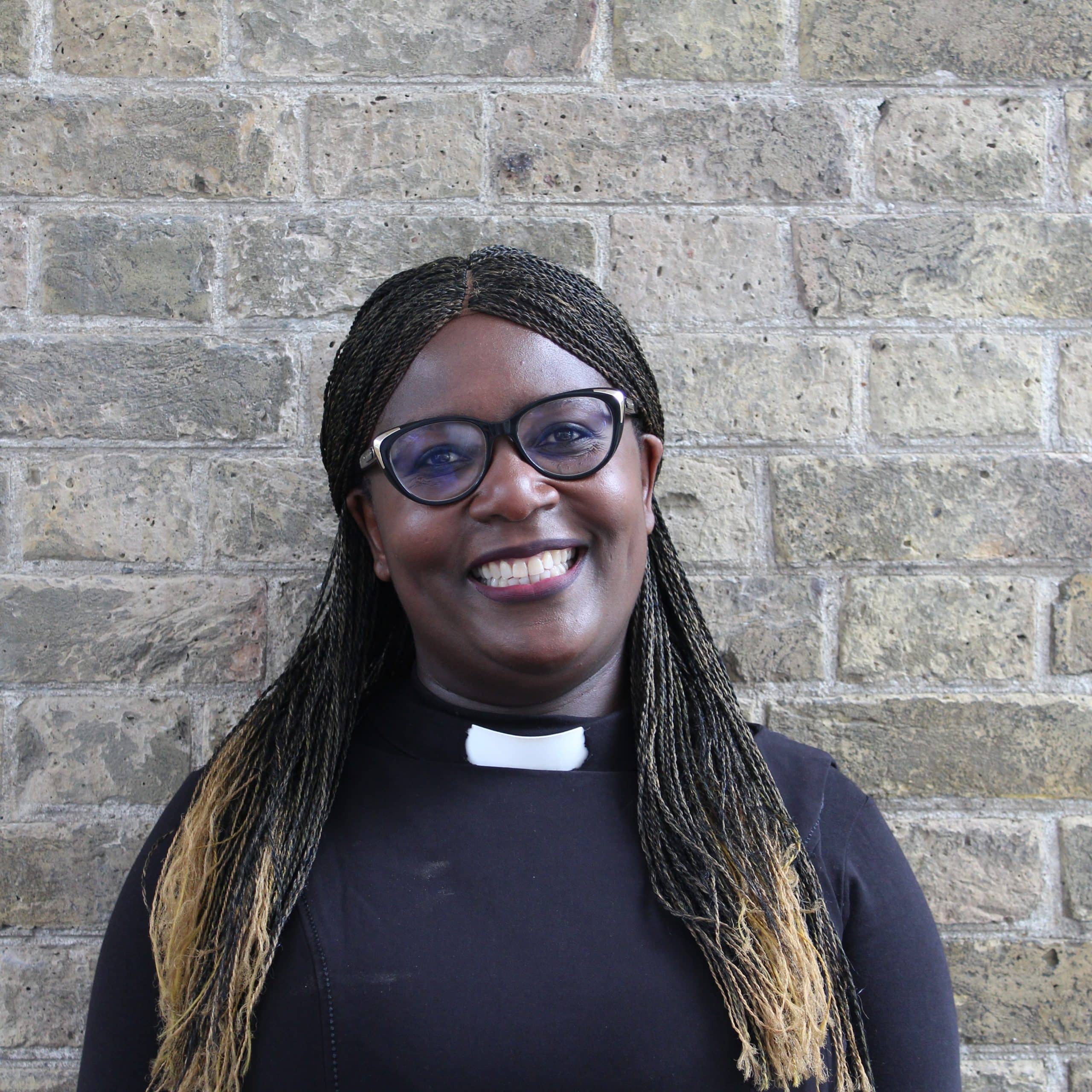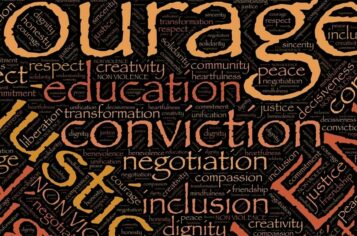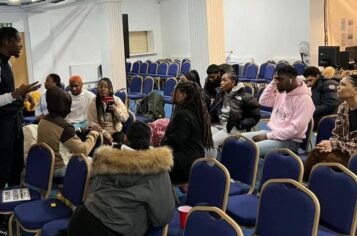This website uses cookies so that we can provide you with the best user experience possible. Cookie information is stored in your browser and performs functions such as recognising you when you return to our website and helping our team to understand which sections of the website you find most interesting and useful.

Advent 2022 Part 2: Starting at the beginning
I enjoy the TV programme This is Us. It’s a series charting the experience of a group of families over generations, with frequent flash backs and flash forwards. Very often the plot turns on moments of truth about the past, previously hidden moments, truths that threaten to lead to disillusionment and conflict in the present when discovered. But, this being basically a hope-filled programme, these conflicts are not the end of the story, as the characters get to learn some even deeper and ultimately comforting truths than they previously knew.
The season of Advent is an opportunity for us to remind ourselves that the conflicts and brokenness we experience are not the end of the story. Our stories are held within the bigger, deeper truth of God’s reconciling love.
For St Paul, writing to the early Christians, this was profoundly important. Writing to the Colossian disciples, he weaves a stunning poem into his letter (Colossians 1:15-20):
He is the image of the invisible God, the firstborn of all creation; 16 for in him all things in heaven and on earth were created, things visible and invisible, whether thrones or dominions or rulers or powers—all things have been created through him and for him. 17 He himself is before all things, and in him all things hold together. 18 He is the head of the body, the church; he is the beginning, the firstborn from the dead, so that he might come to have first place in everything. 19 For in him all the fullness of God was pleased to dwell, 20 and through him God was pleased to reconcile to himself all things, whether on earth or in heaven, by making peace through the blood of his cross.
It’s a beautiful poem like no other in the New Testament about how incomparable Jesus is. He is the visible likeness of the invisible God, showing us who God is and what God is like, because God lived fully in him (v.19). It’s a poem about what Jesus has achieved in his life, death and resurrection, ‘reconciling all things to himself, making peace through the blood of his cross’ (v.20). These were truths that the Colossian Christians may well have known, though they always needed to be reminded of them.
The often hidden, deeper truth that the poem surprises us with (though perhaps it shouldn’t) is that Jesus Christ was not some latecomer in cosmic history. No, ‘in him all things were created… things seen and unseen… created through him and for him’. Echoing words that other Jewish writers had used to describe the Wisdom of God, Paul places Jesus at the heart of God’s original creative work.
We cannot and must not deny the pain and disillusionment that we are experiencing now, as individuals, communities and nations – whether in the fracture of personal relationships or bigger global crises. But whatever has gone wrong with the world doesn’t mean that the world itself was evil in the beginning, or that the goodness that we enjoy every day is an illusion, really not goodness at all. When we discover brokenness in the world, it won’t do to be complacent, as if the world had only ever been broken.
The God Jesus reveals to us is only ever good, and what he created was good in the beginning. The one through whom the world was made is the same one through whom and to whom it has been reconciled. The Message Bible puts it like this:
From beginning to end he’s there, towering far above everything, everyone. So spacious is he, so expansive, that everything of God finds its proper place in him without crowding. Not only that, but all the broken and dislocated pieces of the universe—people and things, animals and atoms—get properly fixed and fit together in vibrant harmonies, all because of his death, his blood that poured down from the cross.
Reconciliation is not yet fully complete, and it is that fully-restored creation which we long and pray for in Advent. Let us not deny the pain, but also not be overwhelmed this Advent. Rooted in God’s reconciling love which was there in the beginning and which is our destination, would the Holy Spirit equip us to join in with God’s reconciling work in the world.

Reverend Esther Prior is the vicar of St John’s Egham and is vice-chair of CPAS Patronage Trustees. Esther came to England from Zimbabwe for Theological Education in 1999. After two Curacies, Esther has served as a School Chaplain, a Young Offenders Prison Chaplain and a Team Vicar in Farnborough. Esther is passionate about the local church being a loving and growing community where God’s people are empowered and released to follow Jesus in their everyday lives: proclaiming and demonstrating the good news of Christ.




